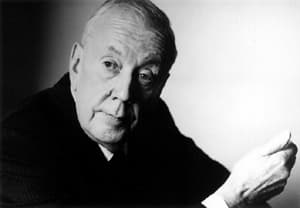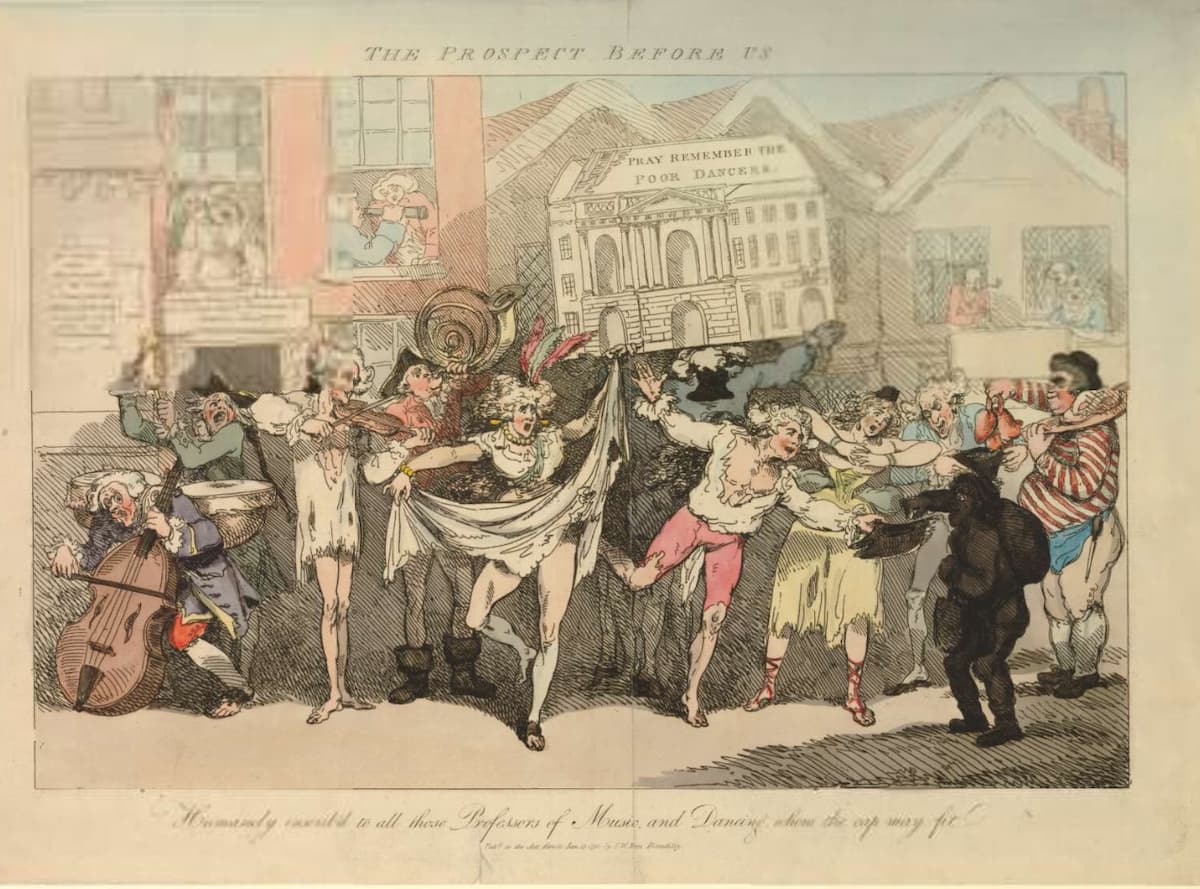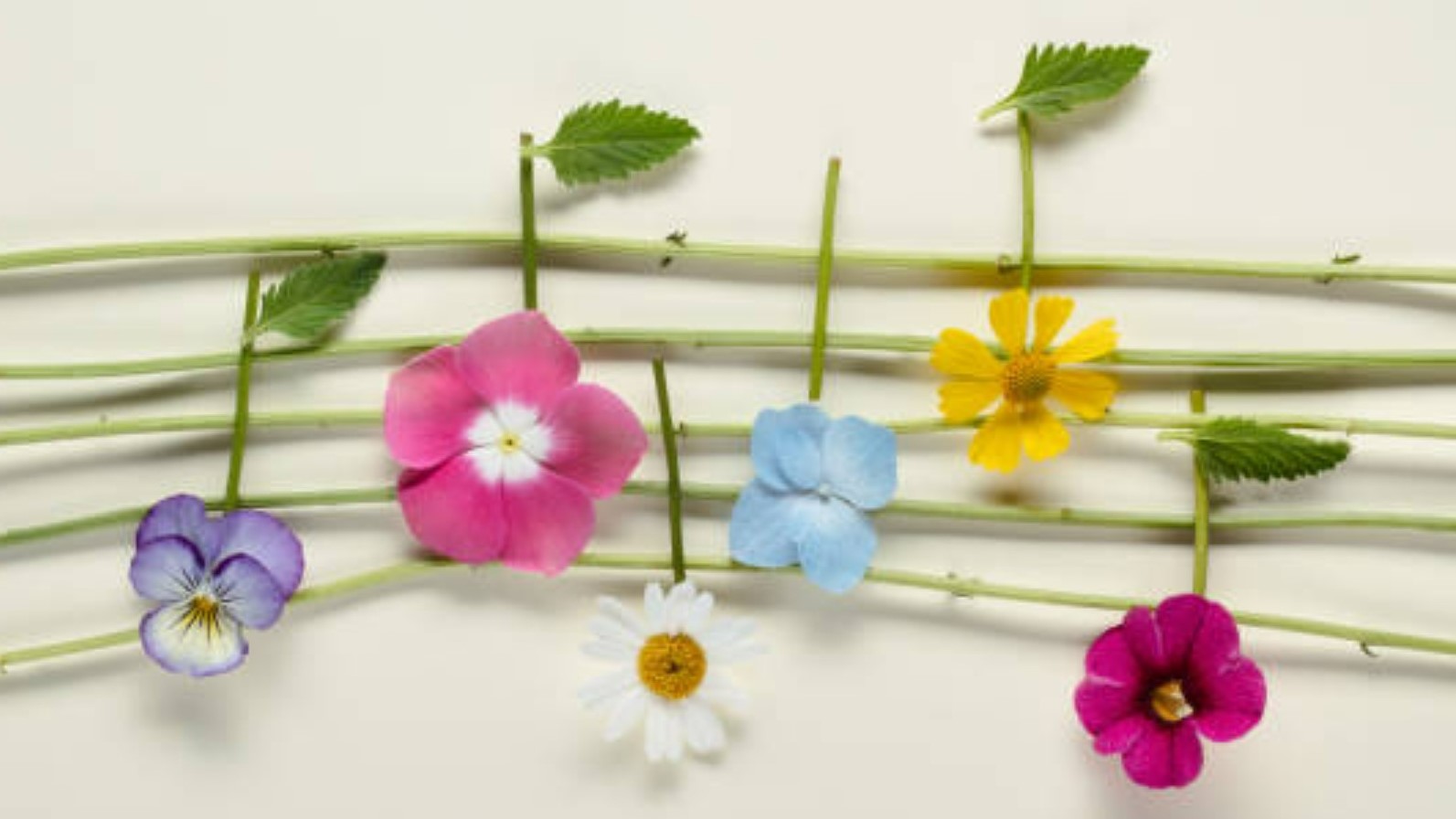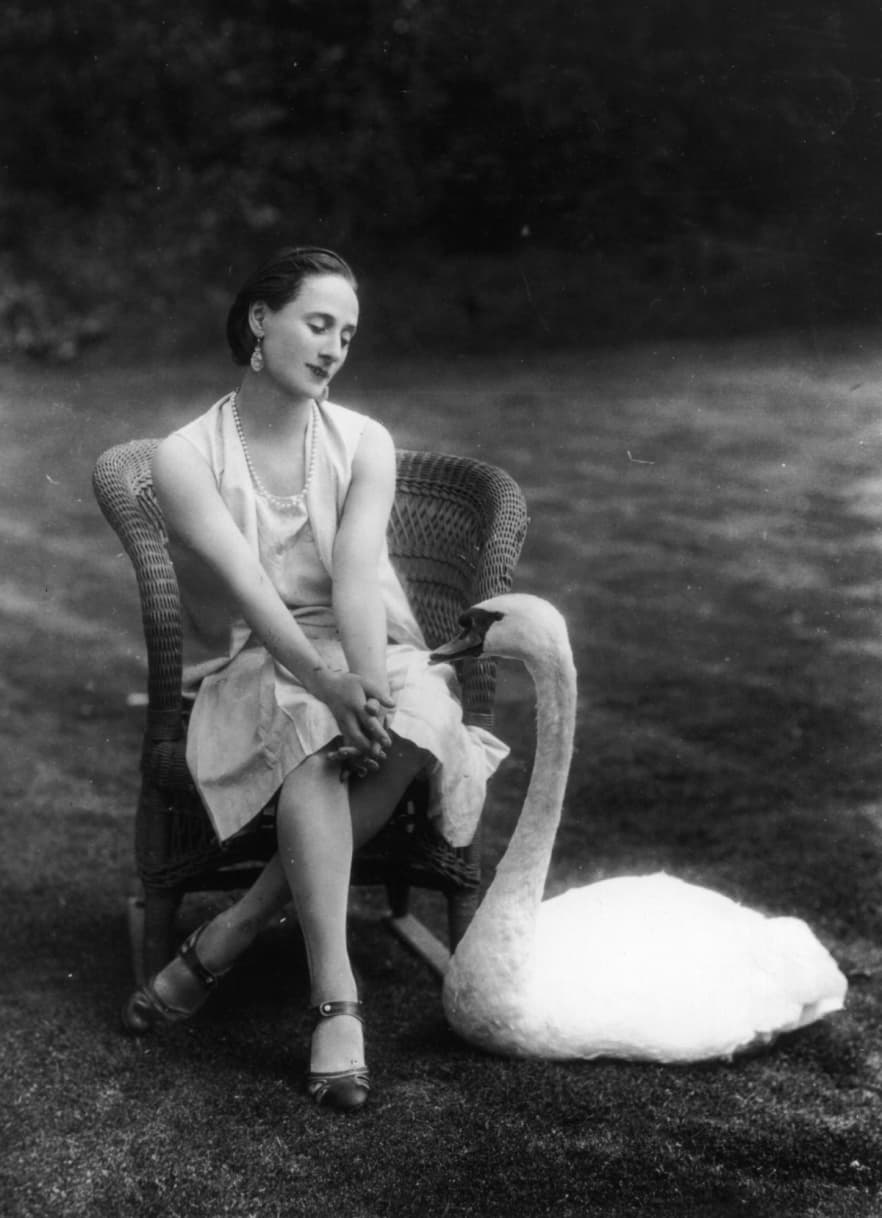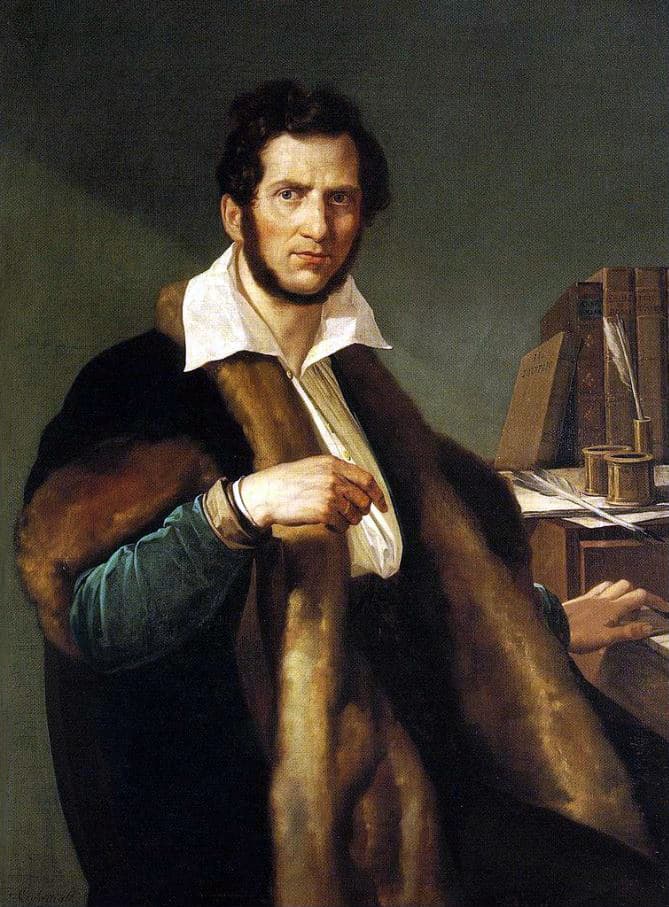Malcolm Arnold (1921–2006) was a master of the English light classics and wrote a great deal of his music for that ultimate British ensemble, the brass band, and he himself played the trumpet. In 1964, he was commissioned by the
Articles
Composer Jake Heggie writes, “The staggering, joyful artistry of Joyce DiDonato reminds us that in any generation, there are a few giants. Joyce is not only a great, brave, and inspiring artist – one of the finest singers of our
Opera in London in the 1790s was a cut-throat competition. Handel had abandoned Italian opera in 1741, and the quality began to fall. The high fees that singers such as the castrati Senesino and Farinelli and the soprano Cuzzoni commanded
Winter thaw giving way to the gentle warmth of spring is the perfect time to explore the sunnier side of classical music. Here are twenty classical pieces that capture the essence of the season. They’re guaranteed to add a spring
The Russian ballerina Anna Pavlova (1881-1931) was without doubt the most celebrated dancer of her time. Famed for her technical skills, expressiveness, and grace, she was the principal artist of the Imperial Russian Ballet and, for a short time, the
As the world becomes increasingly polarized, China stands in a unique and generous position where listeners are able to enjoy concerts given by musicians coming from conflicting, even rival political camps. This is probably the only place in the world
Not everything went according to plan when Gaetano Donizetti introduced his opéra comique La Fille du regiment (The Daughter of the Regiment) to the general public on 11 February 1840. The “Salle de la Bourse” was filled to the brim,
Leontyne Price, born on 10 February 1927 in Laurel, Mississippi, was the first African American superstar in the world of music. Growing up in the segregated South, Price was a true lirico-spinto soprano, noted for her subtle musical interpretations and

